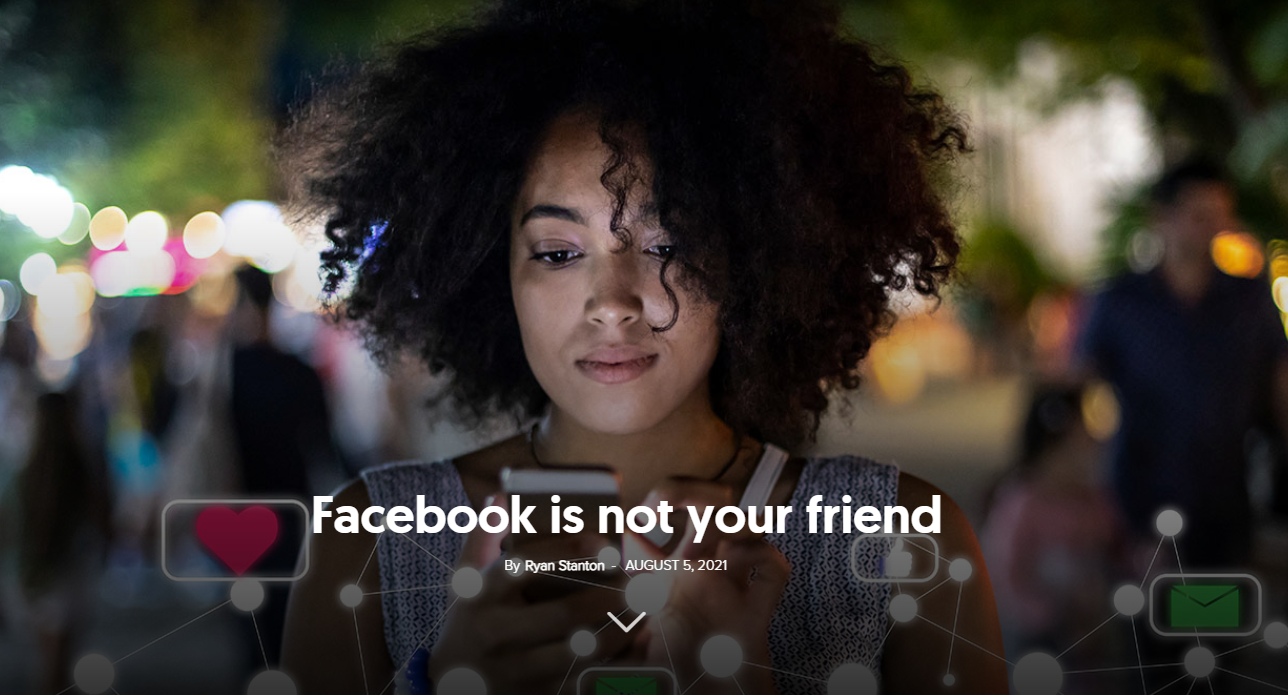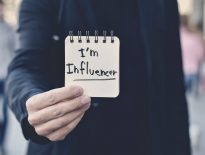I request from my colleagues at the ST.N editorial office at least three sources for news and at least two books for the analysis topics: one for and one against. Ideally, the reading of the first two books will give rise to the desire to look for at least two more, so that the differences are clearer. After that, there will be a need for opinions that try to reconcile or criticize the two sides. This is how the documentation process begins.
The truth is that an author doesn’t really look forward to going through this process. The self-preservation instinct is a chameleon that can make you think that you don’t have to explore everything, that you don’t have to invest so much time for an article, that no matter how much you read it’s never enough anyway, that you can’t reinvent the wheel, that it’s enough to read an author that many have reviewed, and so on and so forth.
The experience described above is common to all of us. It is exhausting to constantly put ourselves in the middle of ideological confrontations and try to go through the slow and torturous process of approaching objectivity. Who would want to check everything, all the time? At the same time, it is true that the exercise of verification—experience—creates a routine.
Whoever perseveres in the exercise of critical thinking comes to develop true reflexes. However, reflexes consume energy, too. Therefore, the temptation to take things as they are told by someone we trust is great. Why not give in to this temptation? Because once we stop asking questions—checking, searching, not being satisfied until everything fits in with a flawless logic—we become like a doctor who operates after knowingly using a potentially diluted disinfectant.
When we consume and pass on unverified, uninvestigated, misunderstood information, we contribute to the spread of an extremely risky infection. A realistic report from 2013 ranked the online dissemination of false information as one of the biggest risks to global society. Election results, stock market shares, social movements—from protests to revolutions, the local or global economy, wars, philosophies of life, all prove vulnerable to information manipulation via the internet.
Unfortunately, the lack of will or willingness to do the work, our own beliefs, prejudices, and the tendency to confirm our opinions with those who think the same way as us, often prevent us from accessing real information. We want to live in a world where we feel in control of what we know. It is difficult to accept a world in which our perspectives may change at any time.
However, these things can be viewed from a different angle. When we are open to asking questions and verifying information, we have the advantage that, at the end of a potentially long and difficult road, we can get an overview that provides the desired stability without paying the price of superficiality, provided we never stop asking questions, even on topics seemingly established by in-depth analysis. When questions disappear, bridges for dialogue disappear, the doors of progress close, and the infection of misinformation recurs.
In short, real information is dialogue. In this dialogue, anyone has both the right and the obligation to participate, if they can present arguments and primary sources. It is a permanent dialogue, never completely concluded, regardless of the subject, from the social to the political, from the scientific to the religious. That is why it is important that before sharing something on Facebook, especially when the content matches exactly what we think, we and those we trust should read what those who oppose our perspective say, if they provide fair arguments.
Let’s find the answer to some key questions. A responsible doctor looks for answers to conflicting questions before prescribing treatment. The fact that God Himself made such an analysis of reality possible is revealing. The pattern of searching for the truth through a long and difficult dialogue of antithetical ideas, paid with blood, sweat, and tears, is the hot topic of the Bible and the reason why the mysterious evil was not instantly removed from the perfect world in which it appeared. The dialogue was and is encouraged. Misinformation can only be uprooted at the end of a complete dialogue, in which all possible arguments are exhausted.




















